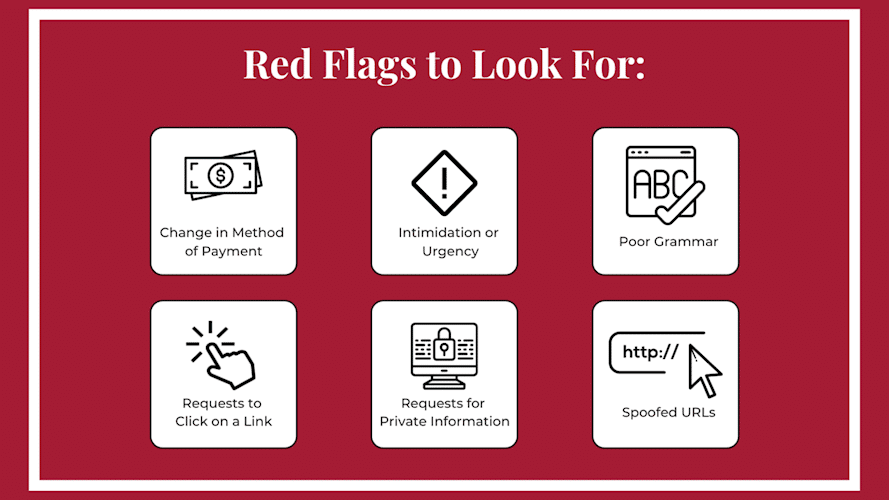Understanding URLs: Do All Websites Have Them?
Introduction
When it comes to the digital world, the core of online navigation is comprised of URLs, which stands for uniform resource locators. They are the addresses that take us to various parts of the internet, which makes it possible for information to be transferred between servers and browsers in a seamless manner. Nevertheless, in the midst of the endless expanse that is the World Wide Web, an important question arises: Does each and every website have a unique URL? Allow me to go deeper into this query so that I can better understand the complexities of web construction.
What is a URL?

Before we set out on the journey to find the solution to our query, it is essential that we have a fundamental understanding of what a URL is. Simply said, a Uniform Resource Locator (URL) is a reference to an online resource that outlines its location and the method by which it can be retrieved. In most cases, it is made up of a number of components, such as the protocol (for example, HTTP or HTTPS), the domain name (for instance, www.example.com), and additional path and query parameters that pinpoint the particular resource.
The Ubiquity of URLs
It is crucial to acknowledge the pervasiveness of URLs in the digital domain when one is considering whether or not every website has a unique identifier (URL). Without a doubt, the vast majority of websites do in fact have a URL, which acts as their own identity on the internet. URLs are the lifelines that connect people to the content that they are looking for, and they are used everywhere from the most popular web destinations to the most obscure corners of cyberspace.
Traditional Websites
Internet Protocol addresses (URLs) are virtually always present on traditional websites, which may consist of static web pages or dynamic content management systems. In most cases, a unique URL is assigned to each entity, regardless of whether it is a platform for conducting online commerce, a personal blog, or a website hosted by a corporation. These URLs make it possible for users to access the content of the website in a quick and effective manner, which promotes engagement that is seamless within the virtual world.
Web Applications

Despite the fact that web apps may display dynamic content generation and intricate user interactions, they still rely on URLs for navigation and resource identification. Through the utilization of URLs, platforms that provide services ranging from social networking to productivity applications make it possible for users to bookmark particular pages, share content, and easily return their digital footprint.
APIs and Backend Services
When it comes to APIs (Application Programming Interfaces) and backend services, URLs are an extremely important component. This is in addition to the typical webpages and web apps that they encompass. APIs make it possible for developers to engage programmatically with endpoints that have their own unique URLs. This makes it easier for APIs to facilitate data interchange and integration between different types of systems. It is possible to achieve flawless interoperability within the digital ecosystem by utilizing these URLs, which serve as gateways to a vast array of capabilities.
Exceptions to the Rule
Although uniform resource locators (URLs) are ubiquitous on the internet, there are a few websites that defy the assumption that every website has a URL. Exceptions like these sometimes occur in specific situations or in unorthodox implementations that stray from the conventions that are associated with the typical web.

Intranet Sites
It is possible that intranet sites, which are restricted to private networks and are only available to authorized users, do not necessarily have URLs that are accessible to the general public. It is possible that the URLs of some internal resources are obscured or that they may only be accessed through specialized network configurations. some resources are intended for a specific audience within certain organizations.
Embedded Systems
An embedded system may host web interfaces for the purposes of configuration and monitoring. Examples of embedded systems include devices connected to the Internet of Things (IoT) and industrial control systems. However, depending on the architecture of the device and the security concerns that are taken into consideration, these interfaces might not necessarily correspond to normal URL structures or be immediately accessible via the public internet.

Temporary Resources
There are specific circumstances in which it is possible to generate ephemeral content or temporary resources in a dynamic manner without the use of persistent URLs. It is possible, for instance, that real-time chat sessions or temporary data visualizations do not have permanent URLs because their significance reduces at a quick rate over the course of time.
Conclusion
In conclusion, although uniform resource locators (URLs) are the fundamental building blocks of web navigation and resource identification, there are some websites that do not belong to the norm that every website has a URL. URLs, on the other hand, are components that are absolutely necessary for the great majority of web entities since they allow for smooth interaction and provision of access to digital material. URLs continue to be an essential component of the internet, enabling users and developers alike to accomplish their digital goals. This is true whether they are traversing traditional webpages, engaging with online applications, or interfacing with backend services.
In essence, the Uniform Resource Locator (URL) is a fundamental component of the World Wide Web. It is responsible for directing users around the enormous expanse of cyberspace with an unrivaled level of precision and efficiency, although there may be notable exceptions to this rule.





